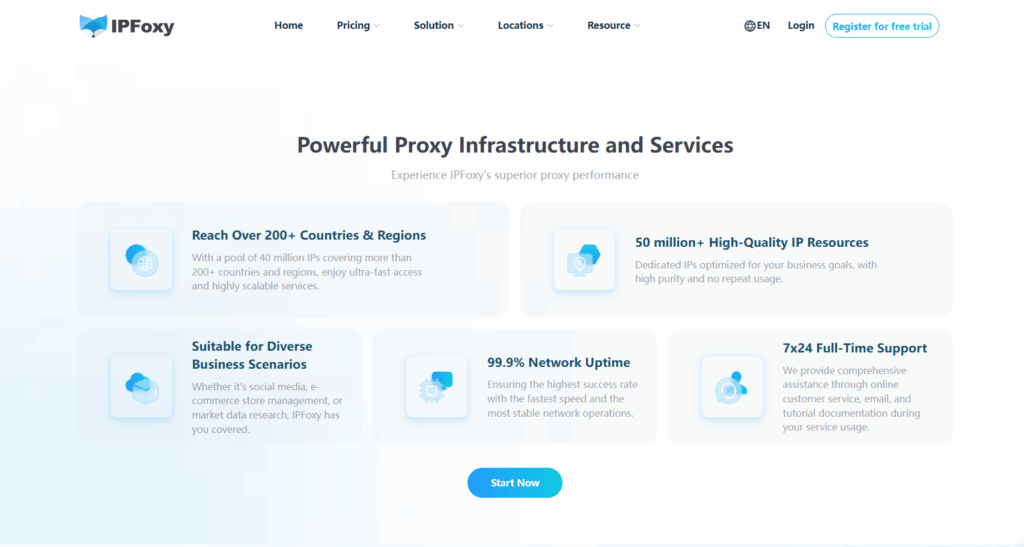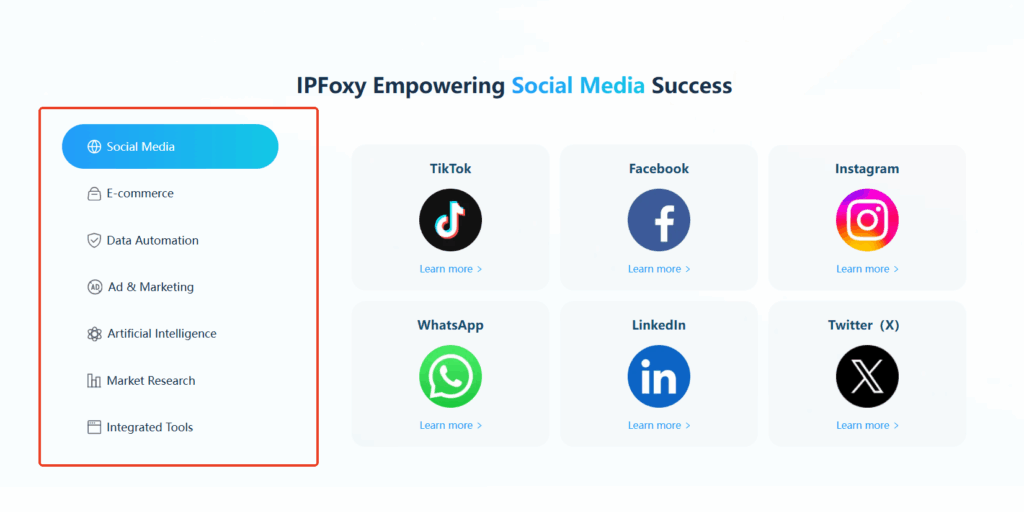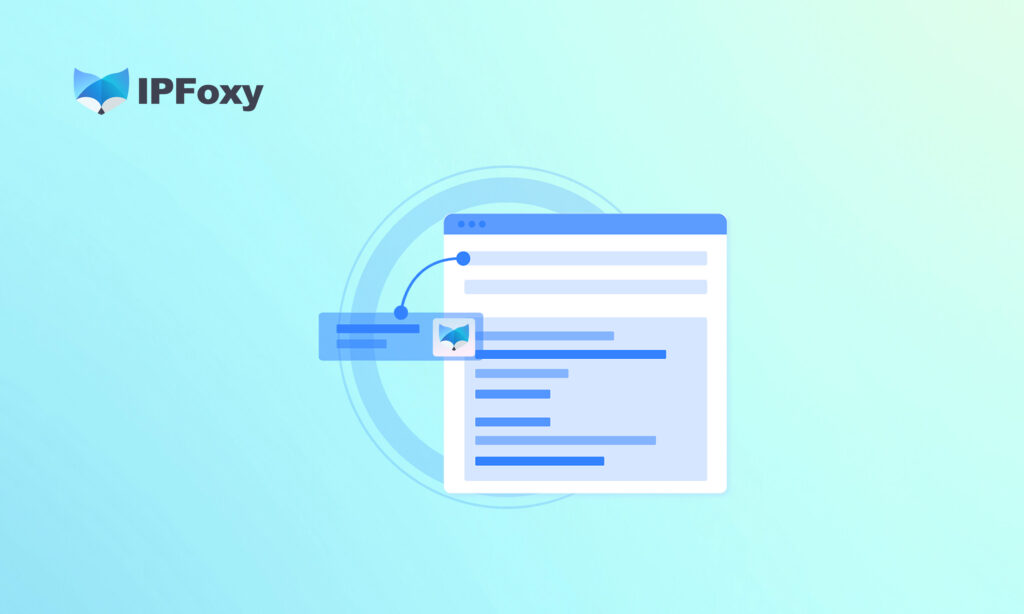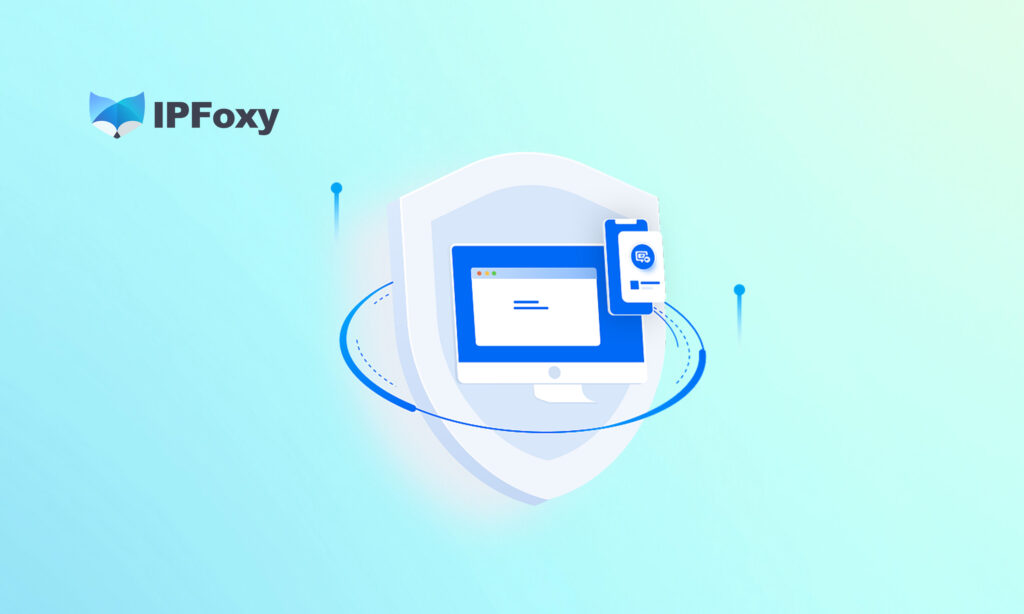Have you ever experienced being able to browse the internet normally, but getting blocked when visiting a specific website? Or having your account banned right after registering? These problems are often caused by issues with your IP! Your IP address reveals a lot about you — including your location and online activity. In this article, we’ll explore what an IP address is, how websites use it to track you, and how IP proxies can help you better protect your privacy and advance your business.
I. What Is an IP Address?
An IP address, short for Internet Protocol address, is a numerical label assigned to every device connected to a computer network that uses the Internet Protocol for communication.
There are two types of IP addresses: IPv4 and IPv6.
- IPv4 addresses consist of four numbers separated by dots, each ranging from 0 to 255. This allows for about 4.3 billion unique IP addresses. However, due to the explosive growth of the internet, IPv4 addresses have become increasingly scarce.
- IPv6 addresses consist of eight groups of four hexadecimal digits separated by colons, providing around 340 undecillion unique addresses — enough to sustain the internet’s growth for many years to come.
Devices use IP addresses to communicate over the internet. Protocols such as TCP/IP and HTTP rely on IP addresses to transfer data packets between devices. Any device accessing the internet must have a unique IP address.
II. How Do Websites Identify Your IP?
Websites can identify your IP address in several ways. When you connect to the internet, your Internet Service Provider (ISP) assigns you an IP address that identifies your device and its approximate location. When you visit a website, your device sends a request containing your IP address to the site’s server. Using this information, the website can determine your location and other details about your device and internet connection.
Websites may also use tools like cookies to track your on-site behavior or browser fingerprinting to collect detailed information about your device, creating a unique identifier for tracking purposes.
III. How to Keep Your IP Secure and Avoid Being Blacklisted
- Enable DNS leak protection: Ensure your DNS requests don’t leak by using DNS leak protection.
- Disable WebRTC: WebRTC can expose your IP address, so make sure it’s disabled by default.
- Use Tor: The Tor network can anonymize your internet traffic.
- Use a Anti-detect browser: Anti-detect browser create virtual, isolated environments. You can configure each with a proxy, cookies, and other tools to prevent IP leaks.
- Use an IP proxy: For example, IPFoxy.

IV. What Are Proxy Used For?
An proxy is a network service that hides your real IP address by routing your connection through an intermediary server. IPFoxy provides clean, high-quality static and dynamic proxies that help users upgrade their business performance.
Common uses of proxy IPs include:
- Privacy Protection: Hide your real IP address to protect personal data and avoid information leaks.
- Security: Provide an extra layer of defense against hackers or malicious software.
- Bypassing Restrictions: Circumvent geo-blocks or blacklists to access restricted websites and social platforms.
- Data Collection: Support web scraping and data mining for efficient information gathering and analysis.
- Marketing and Promotion: Enable regional advertising and digital marketing activities in multiple locations.

V. Conclusion
In e-commerce, proxy are most effectively used alongside Anti-detect browser. IPFoxy easily integrates with all major Anti-detect browser, helping businesses operate smoothly and securely across regions.


